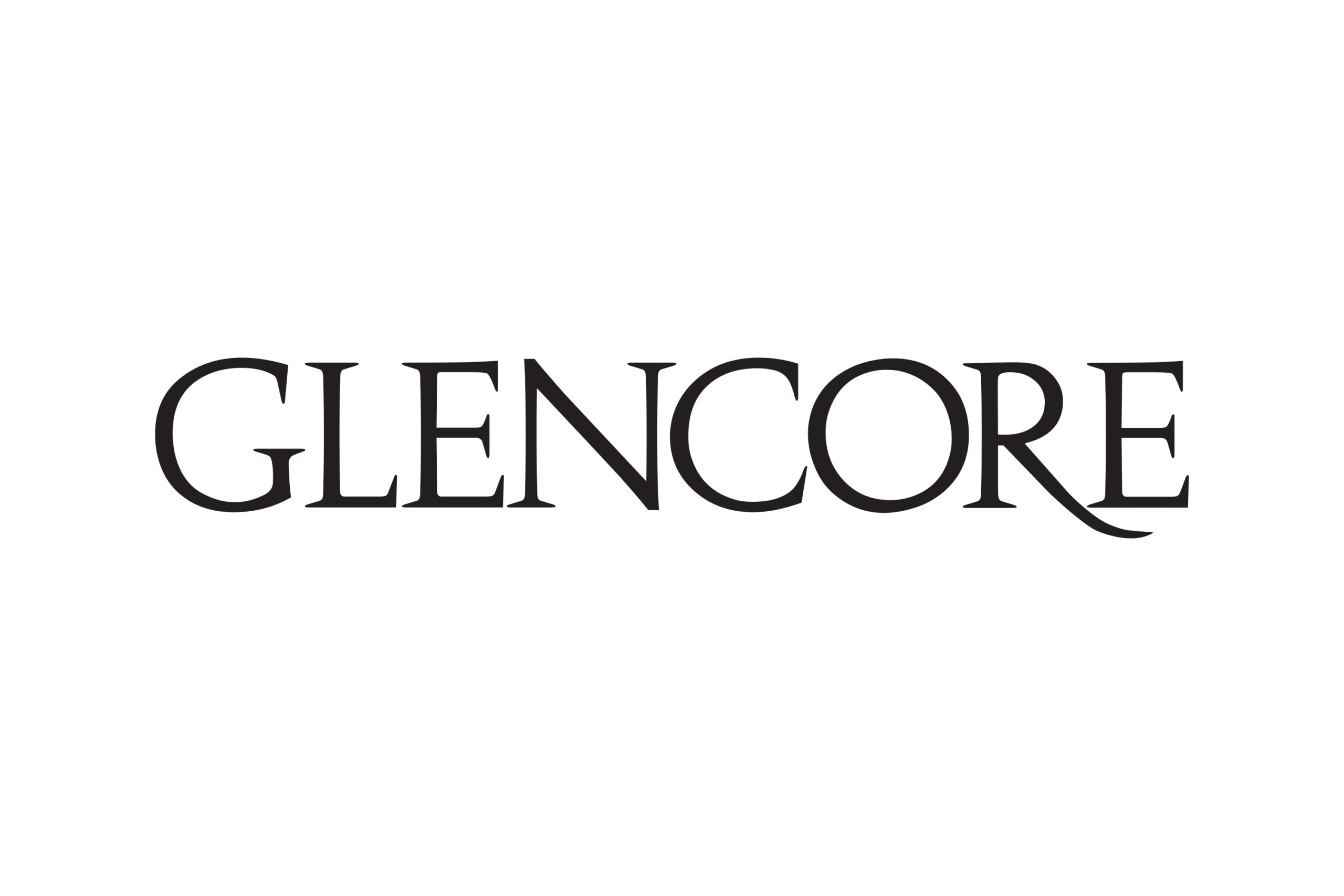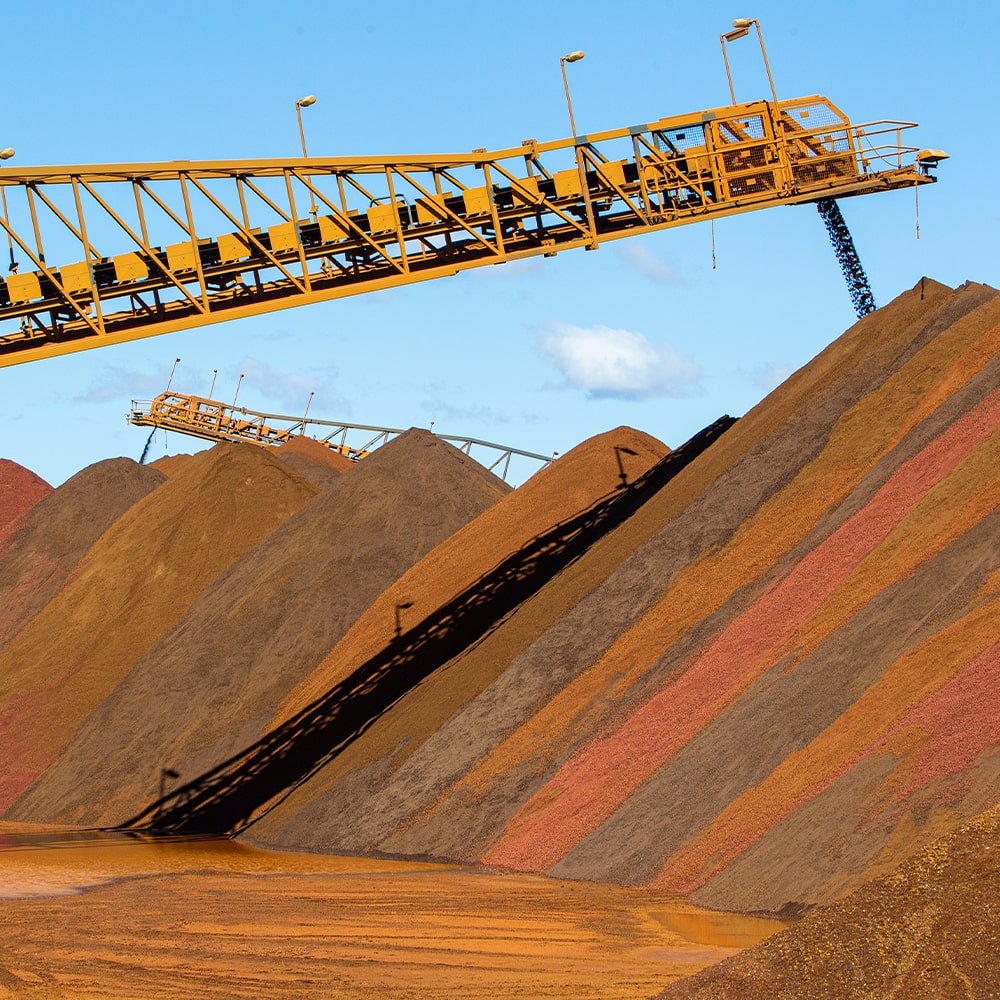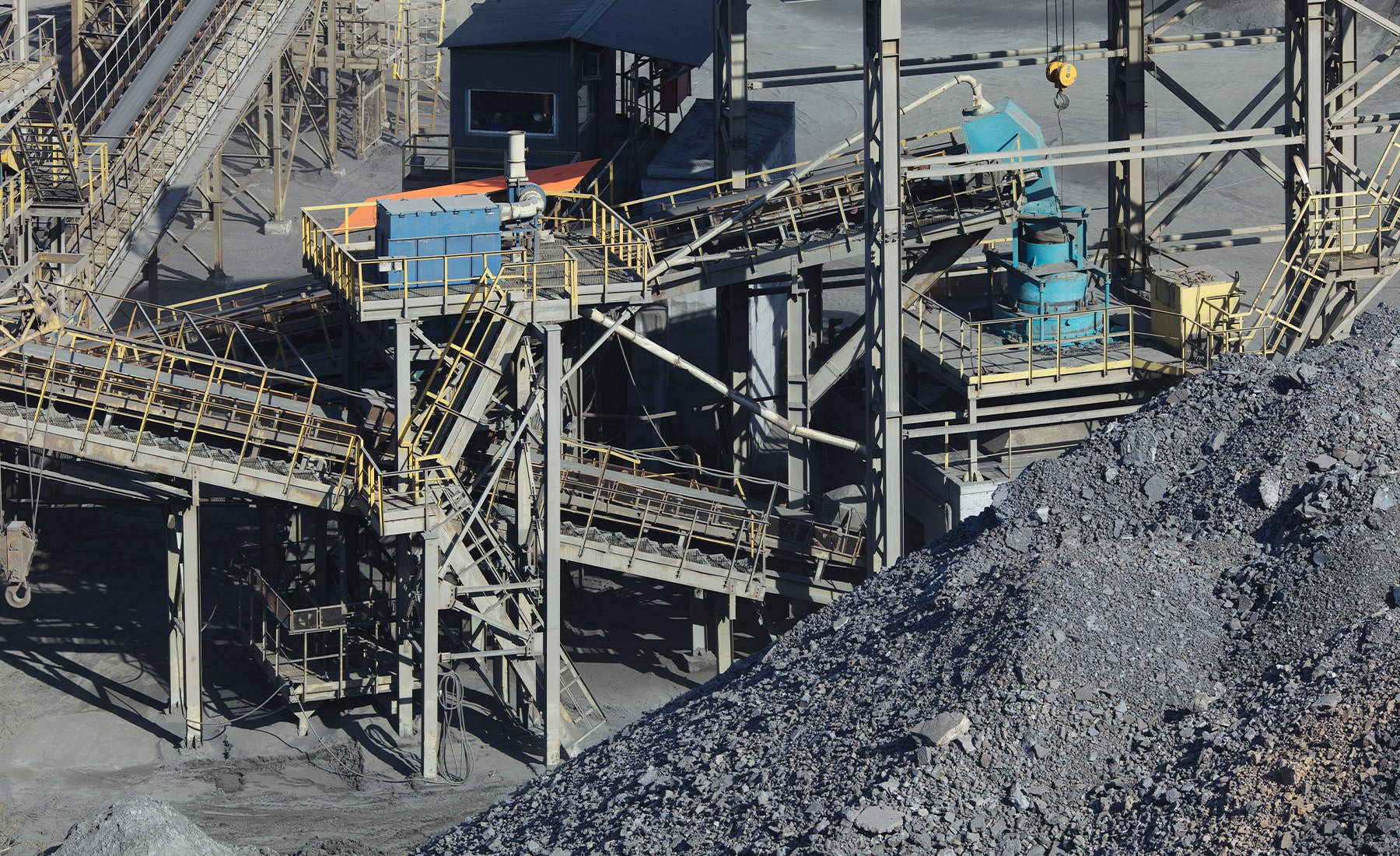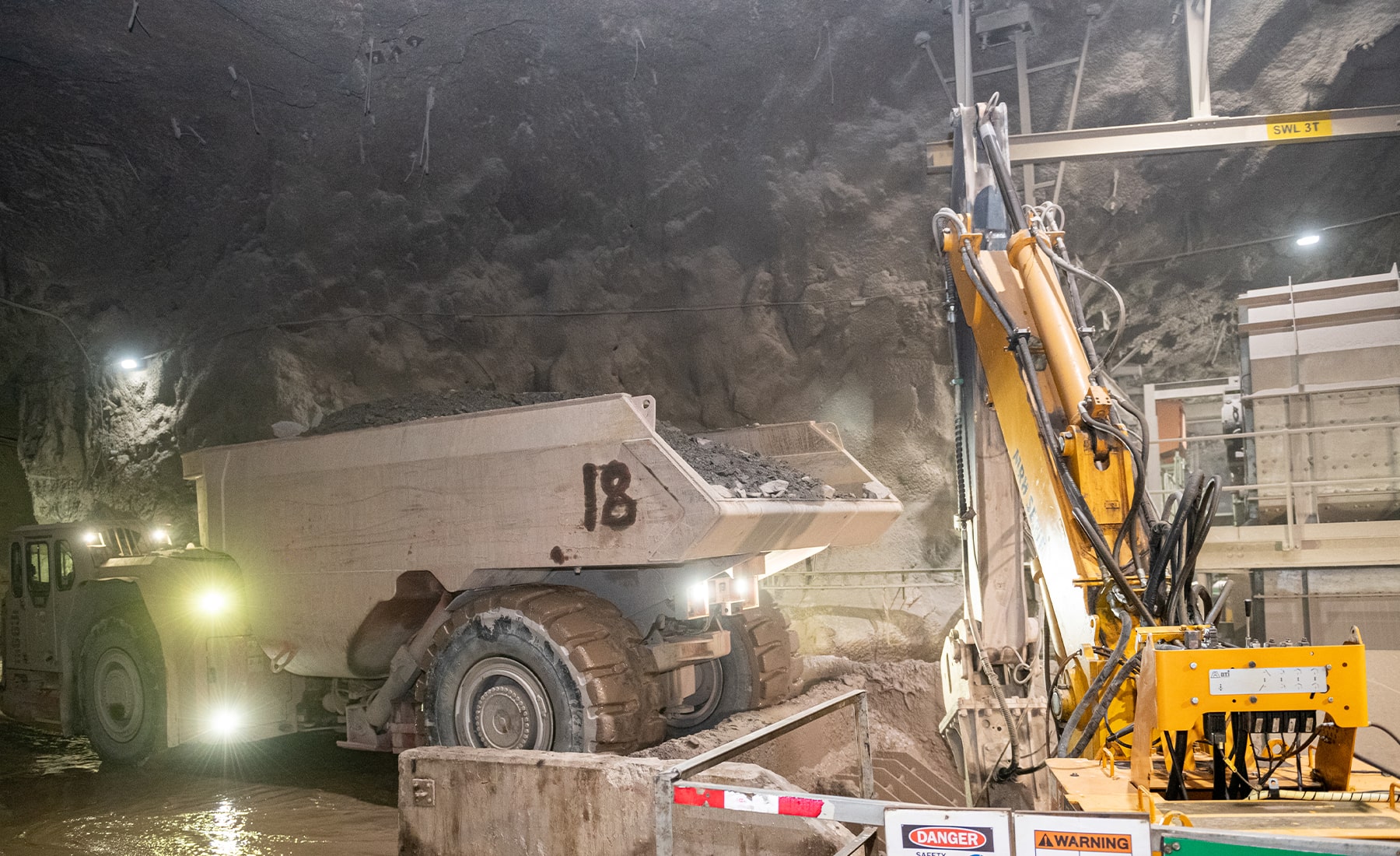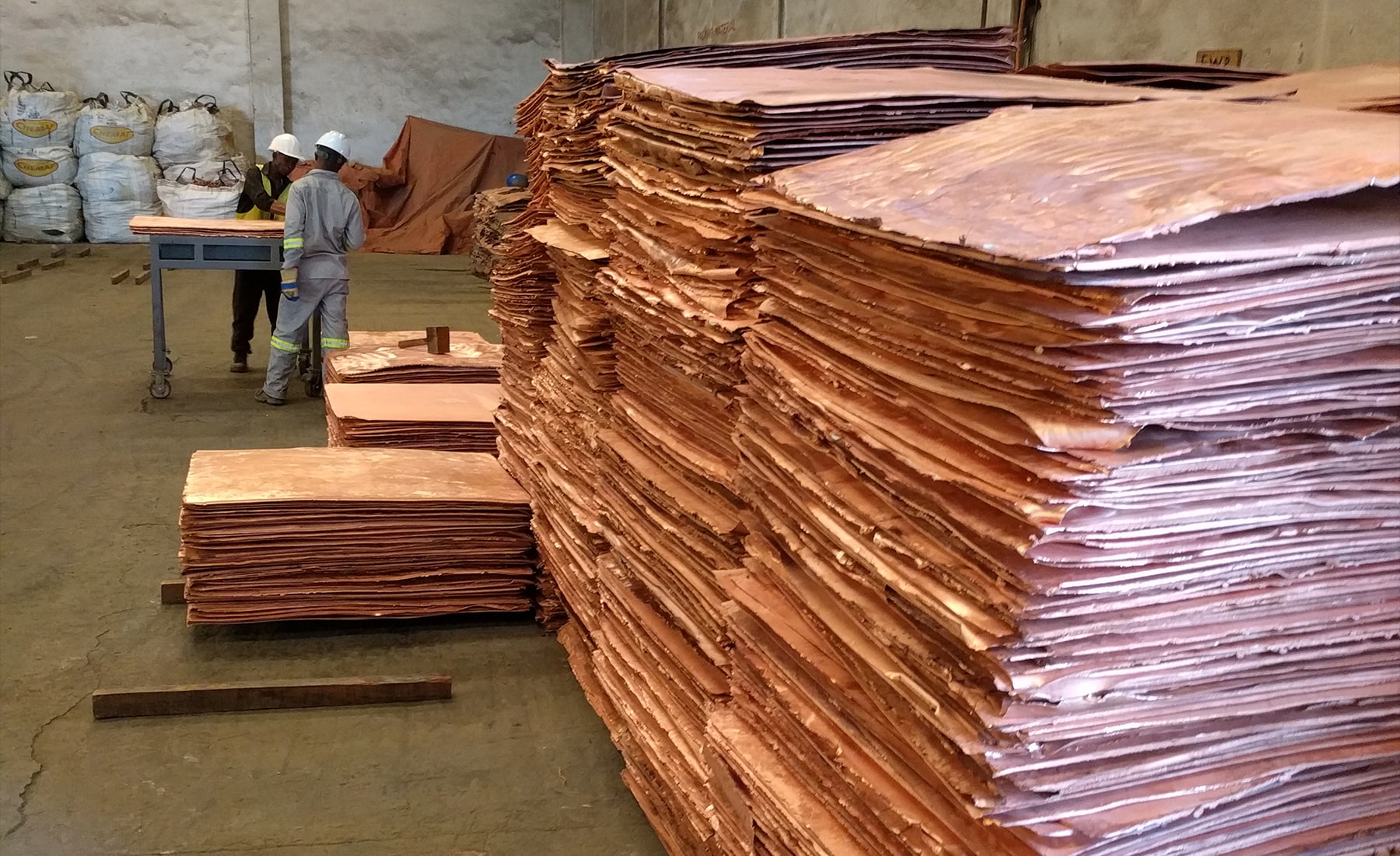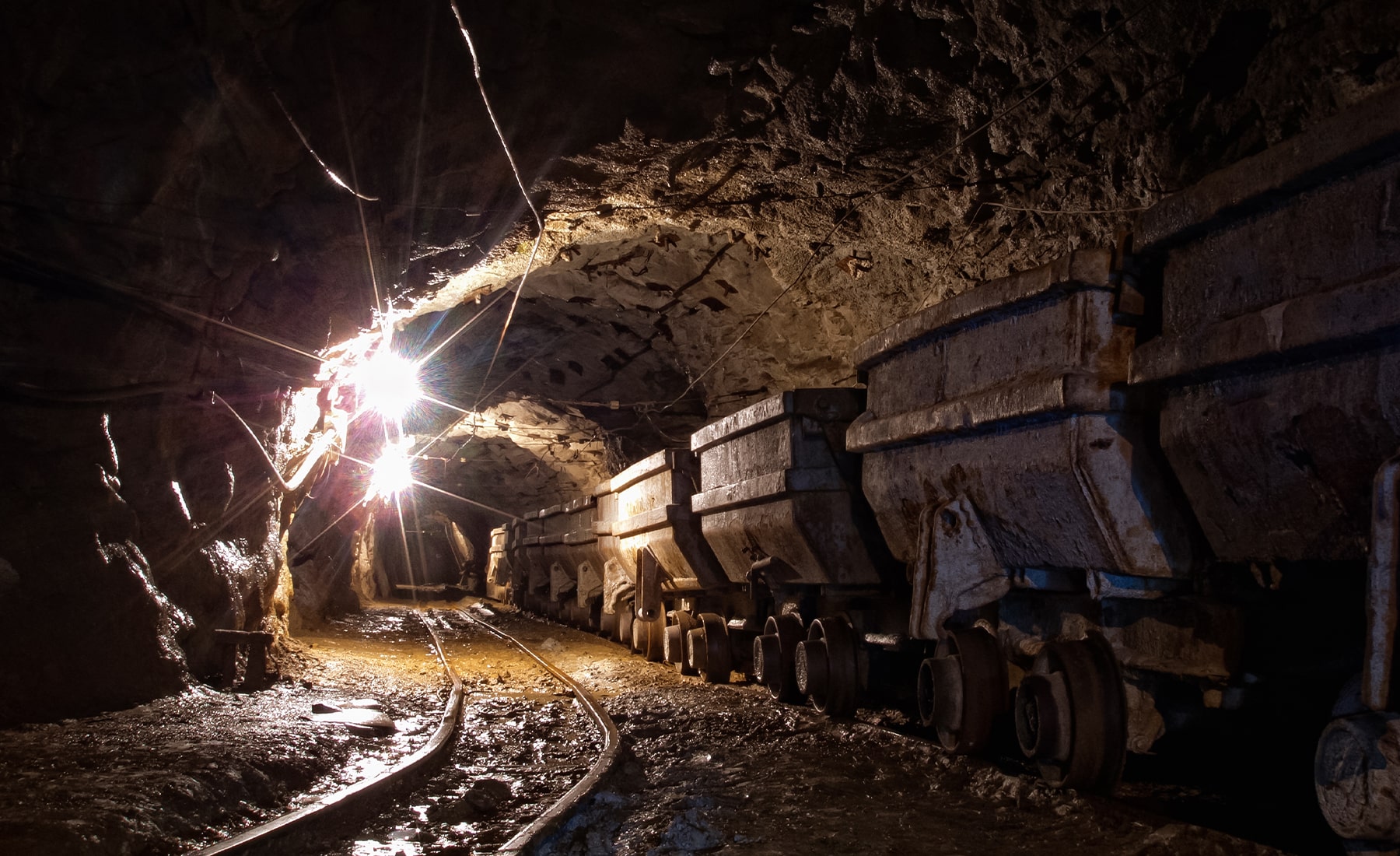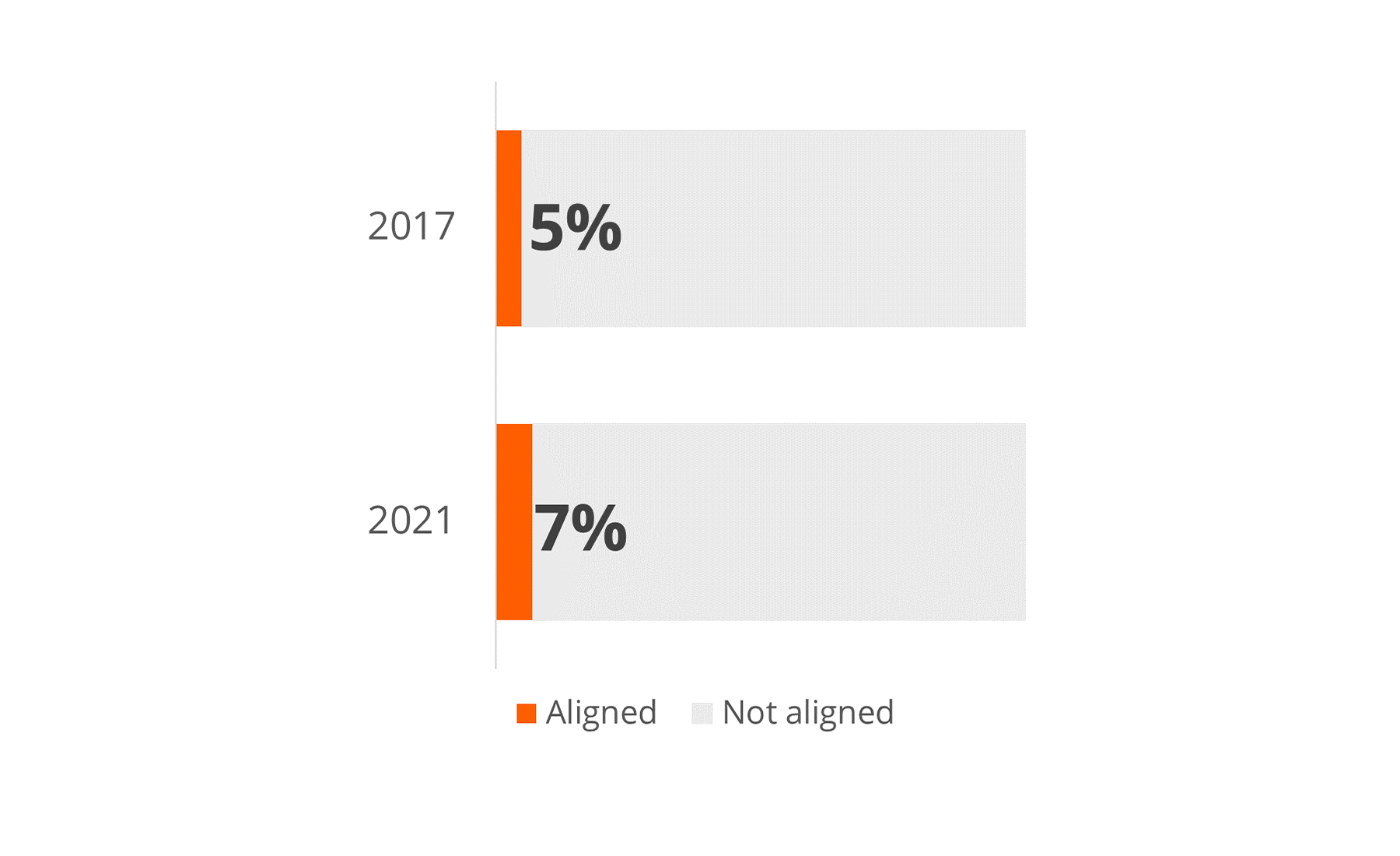ENERGY AND INFRASTRUCTURE
Responsible sourcing in energy and infrastructure supply chains

Energy and Infrastructure
The energy transition is driving demand for new generation capacity including from wind, solar and green hydrogen. Investment is also being directed to critical infrastructure including battery storage, electric vehicle (EV) charging and interconnectors for delivery of the renewable electricity. The fabrication and manufacture of the essential components – wind turbines, photovoltaics, batteries – requires varied and significant supply chains incorporating battery metals, critical minerals, cement and steel, to name a few. For companies operating in the energy sector, the fast evolving compliance agenda for responsible sourcing means growing numbers of companies – and investors in the sector – are finding that they are now subject to the same risks, compliance obligations and stakeholder expectations as companies in manufacturing sectors.
Core infrastructure projects – transportation, construction projects, water – are also under intensifying scrutiny over human rights and modern slavery risks in construction programmes and broader environmental, social and governance (ESG) risks across raw materials procurement. This is relevant not just to developers but also project financiers and infrastructure service providers.
We work with companies to integrate a pragmatic, risk-based approach to due diligence. We bring extensive, on-the-ground experience in the supply chains of many critical raw materials for the energy sector, such as battery metals, as well as significant experience of human rights and modern slavery assessments of infrastructure construction projects.
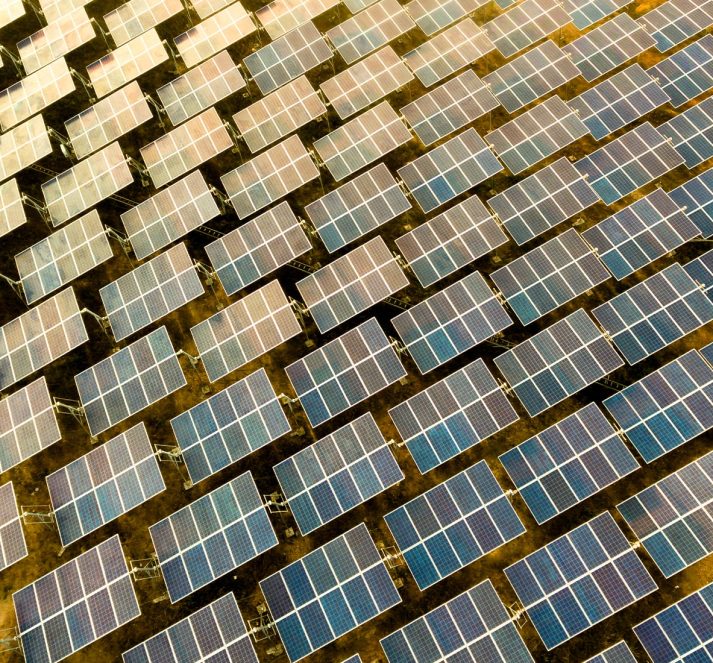
 Assess risks
Assess risks
The due diligence support we provide to energy and infrastructure clients enables them to identify and prioritise responsible business conduct risks in their supply chain, take appropriate mitigation actions and deploy their risk management resources in the most effective way. This both reduces programme delivery risks and enables management teams to prepare for and comply with the growing regulatory compliance requirements and customer expectations on supply chain due diligence.
- Through a Human Rights Risk Assessment (HRRA), we help energy providers and developers to understand the extent to which a business is impacted by, or may contribute to, human rights or wider social and environmental risks across industry categories and geographies, and, where risks are identified, what mitigation actions may be required.
- We conduct Human Rights Impact Assessments (HRIA) for investors, energy providers and developers to provide an in-depth investigation and analysis of where there have been – or could be – adverse impacts to the rights of workers, communities, or other stakeholders because of business activities in the supply chain.
- We map supply chains for energy providers and developers, working with our technology partners to efficiently build an understanding of the profile, location and relationships through the different levels of a supply chain.
- We conduct site-based due diligence assessments of the environmental, social and governance (ESG) performance of high-risk or strategic suppliers for investors, energy providers and developers against good practice frameworks such as the OECD due diligence guidelines or the IFC Performance Standards.
 Build management systems
Build management systems
We help investors, energy providers and developers to build confidence in the ability of their companies’ risk management performance and readiness for evolving compliance requirements related to supply chain due diligence. We build and implement responsible sourcing risk management systems that are fit for purpose and aligned with international good practices.
- We benchmark the maturity of energy providers’ and developers’ current sourcing practices through our Responsible Sourcing Diagnostic and Maturity Model to assess current performance and readiness for compliance with due diligence requirements such as the German Supply Chain Act and the forthcoming EU Corporate Sustainability Due Diligence Directive, and to prioritise next steps.
- We support investors, energy providers and developers by designing and implementing management systems for responsible business conduct and supply chain due diligence. This includes writing policies and procedures, developing risk assessment and risk management processes, identifying risks when onboarding suppliers and reporting to support compliance with regulatory requirements on supply chain due diligence.
- We benchmark management systems and operating practices for energy providers and their suppliers against the requirements of responsible sourcing standards or assurance frameworks and advise on the steps necessary to close any gaps and pass an audit.
- We support investors in developing, monitoring or independently assessing conditions for Sustainability Linked Loans that are linked to the achievement of responsible sourcing-related targets.
- We implement blockchain-based traceability solutions in energy providers’ and developers’ supply chains and build bespoke supplier engagement and data management platforms with our technology partners to support our clients’ due diligence activities or differentiated product development.
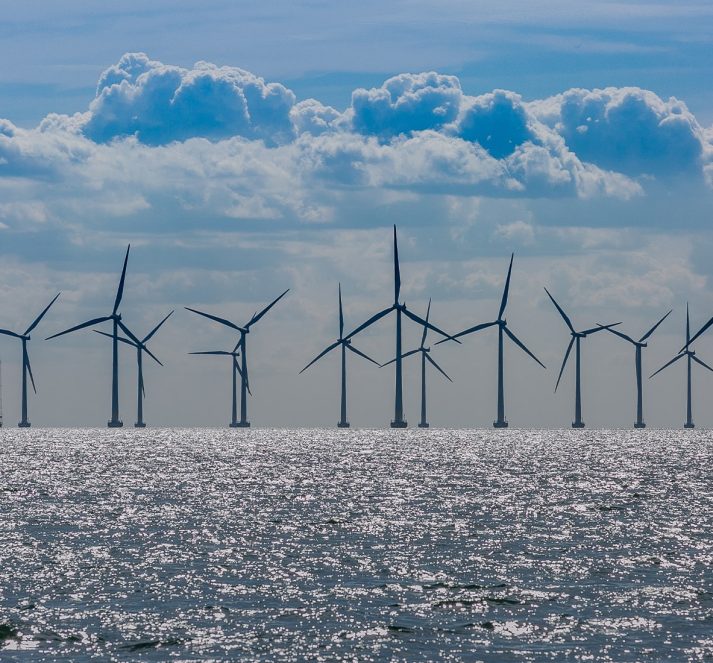
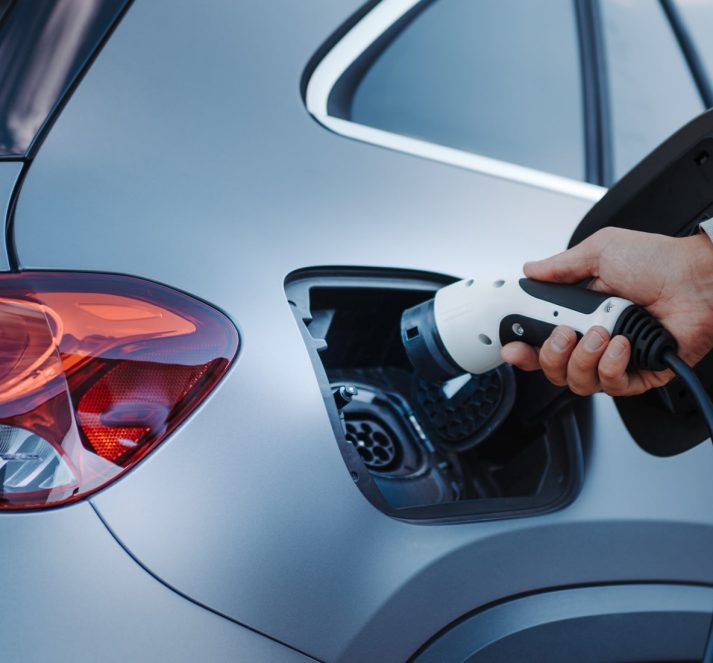
 Enhance capability and impact
Enhance capability and impact
Informed by our work with the OECD, we support policymakers and industry bodies to establish and strengthen market and regulatory requirements for responsible sourcing. We also help to support the continuous improvement of responsible sourcing management systems and work with stakeholders to create positive impact.
- We draw on our unique experience of working with the OECD and the European Commission, to provide alignment assessments of the energy and infrastructure sectors’ supply chain programmes.
- We deliver strategic advice to industry bodies on supporting their member companies to address responsible sourcing challenges.
- We provide capacity building for industry bodies’ member companies or auditors on responsible sourcing and due diligence best practices.
- We support investors, energy providers and developers in developing and strengthening collaborative programmes for supplier capacity building or for making targeted interventions that address specific sector-wide risks, such as those relating to workers’ rights or raw material production in key geographies.




